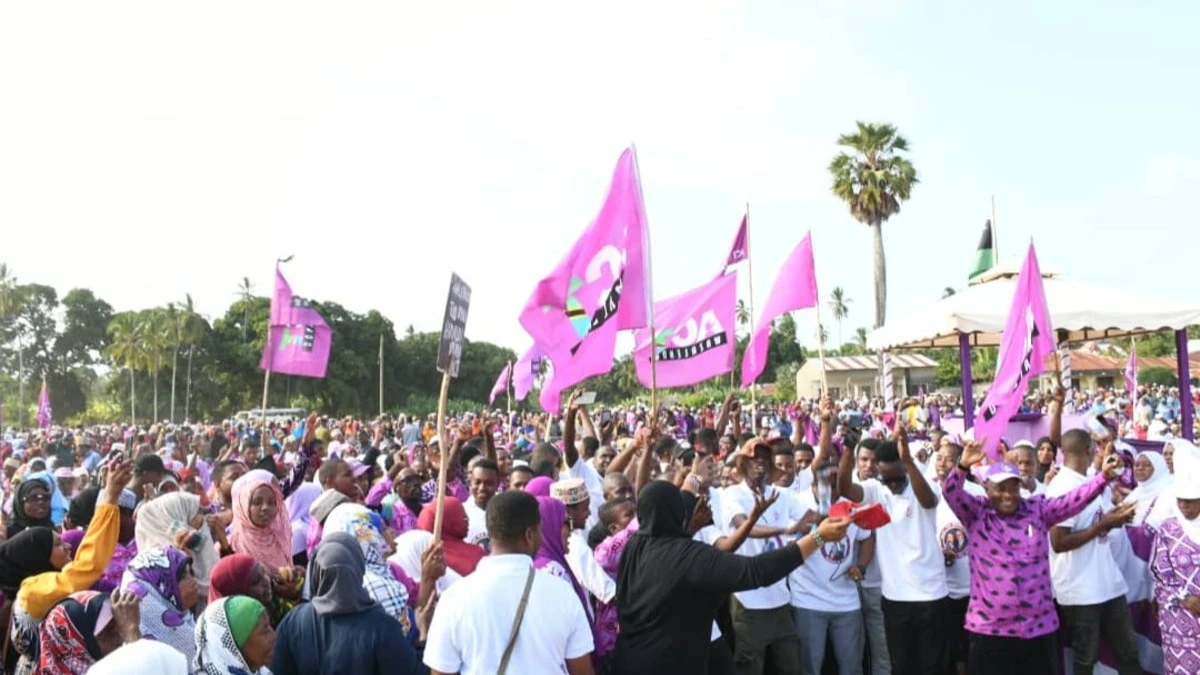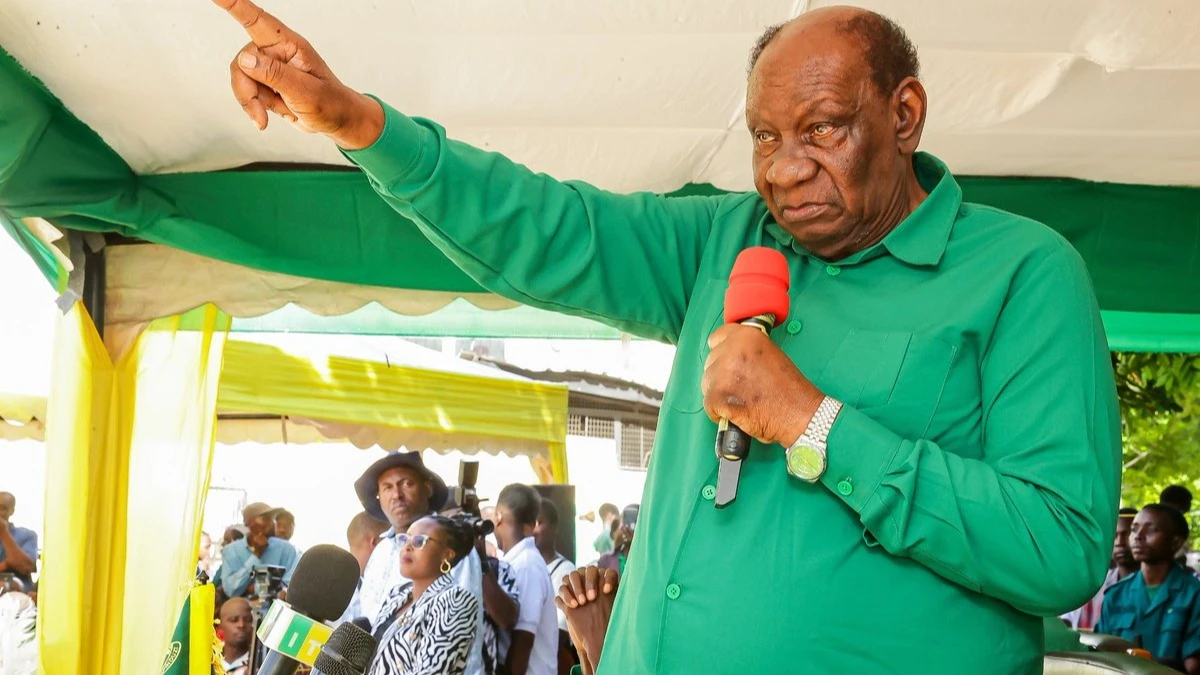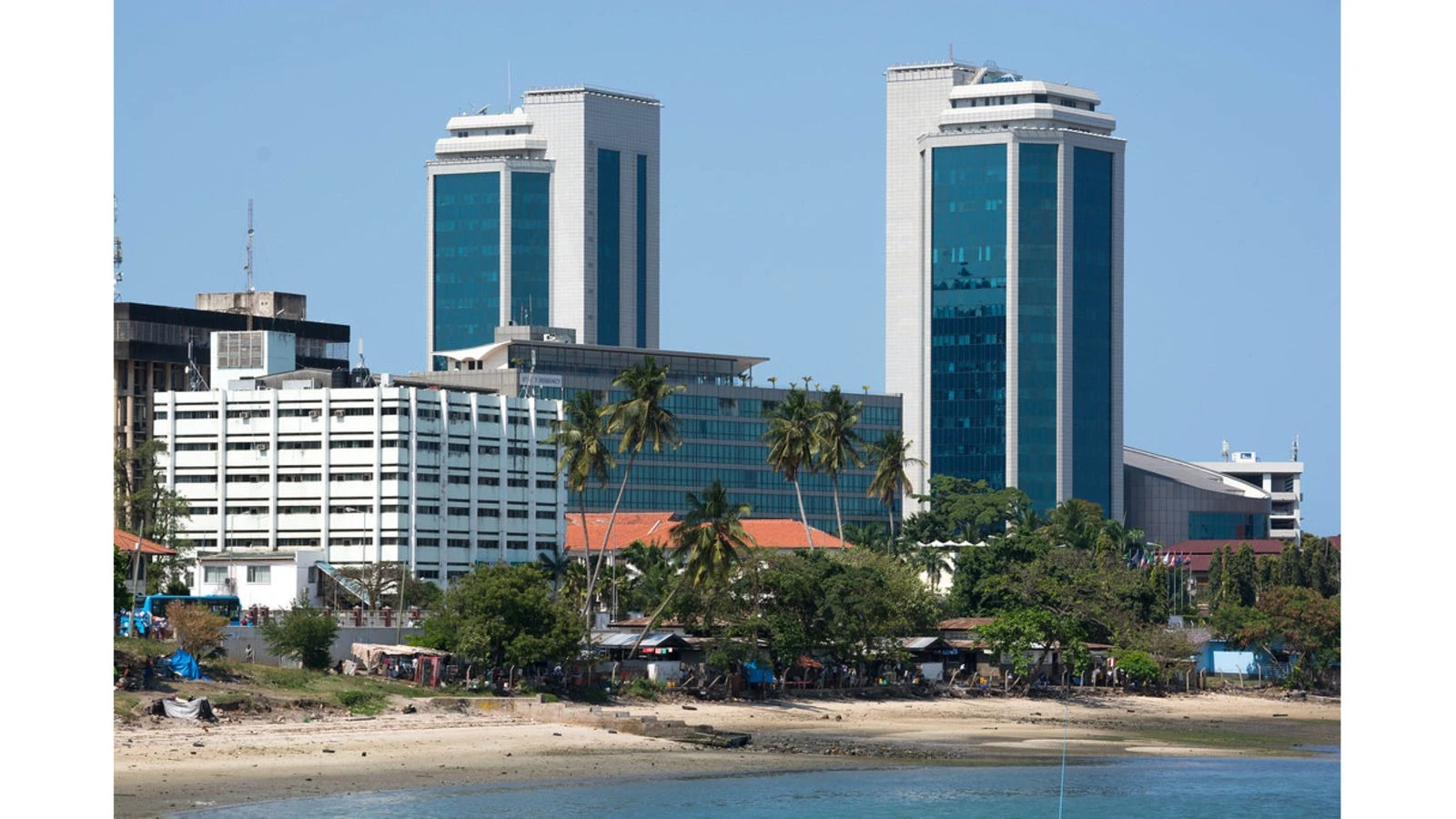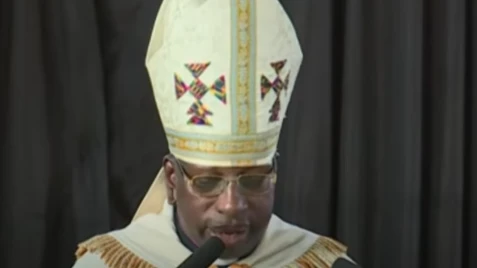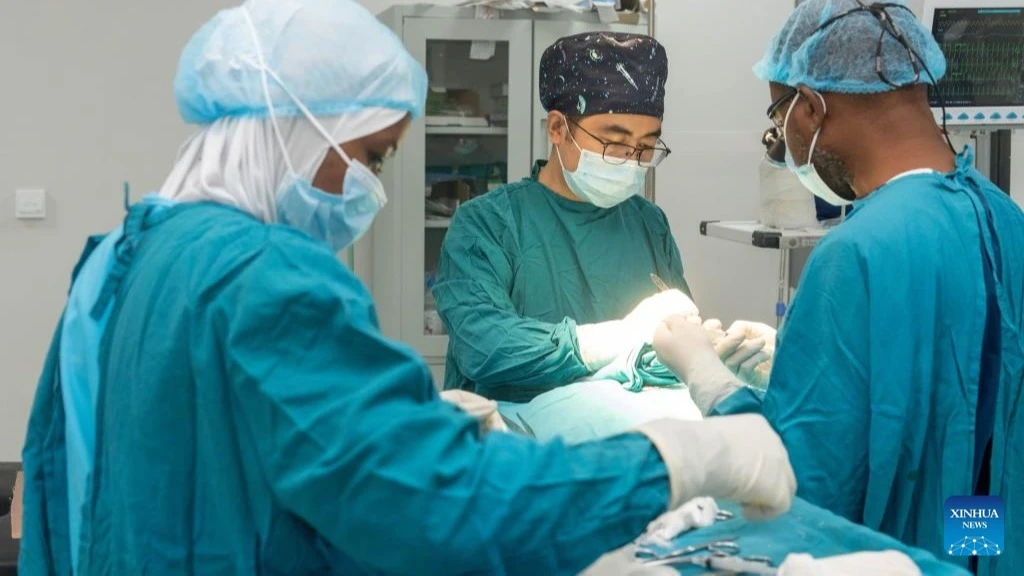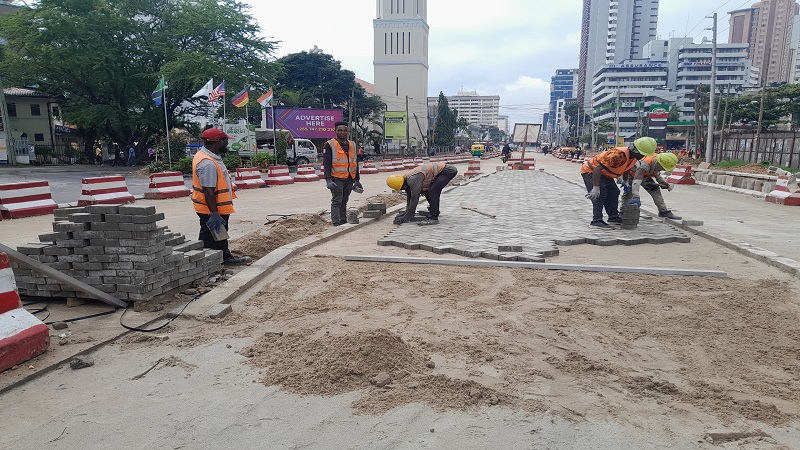CAG unearths deficiencies in revenue collection system, billions unbanked
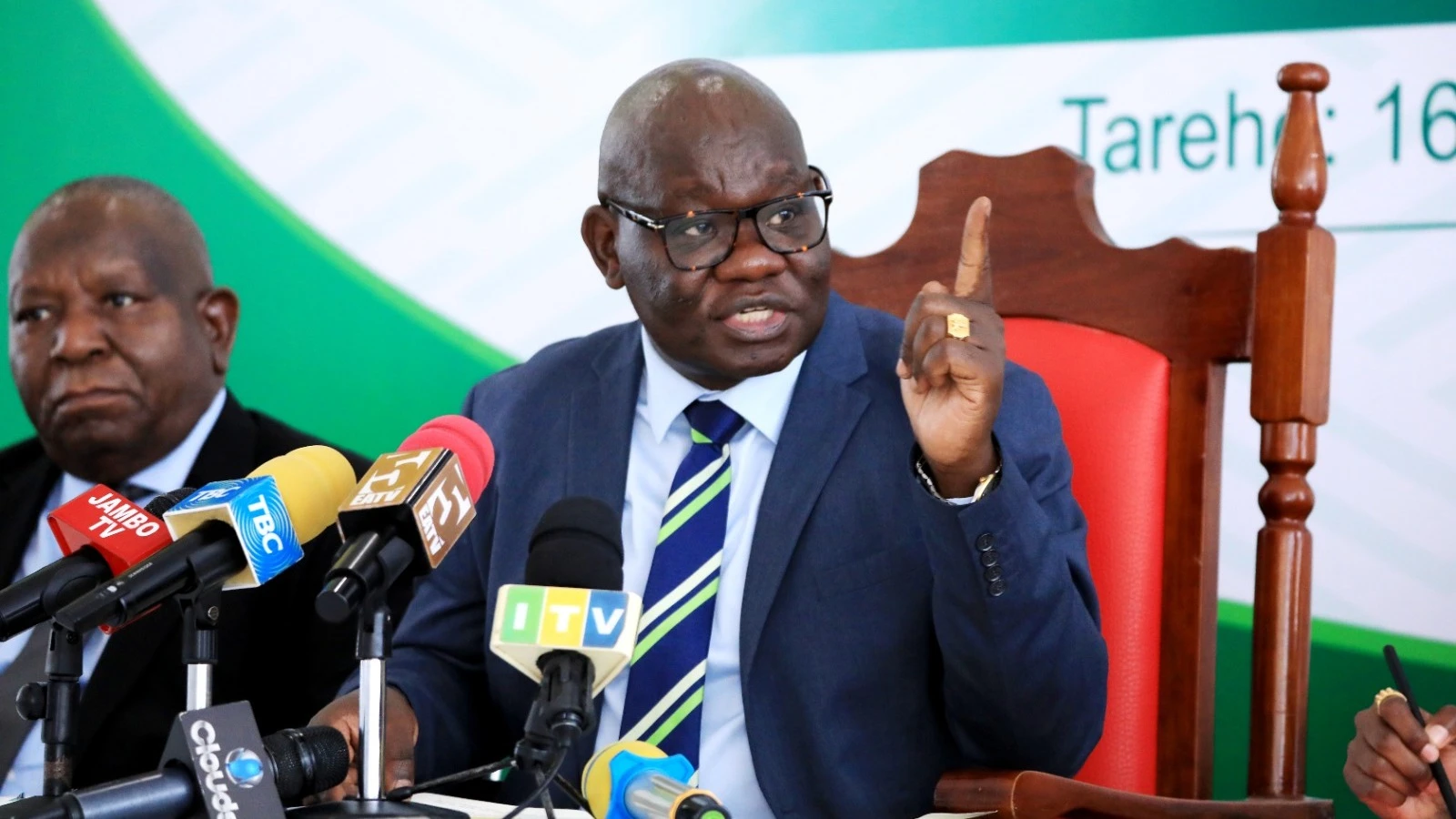
PERSISTENT challenges in financial management including internal control weaknesses in the government by poor administration of electronic fiscal devices (EFDs) by the Tanzania Revenue Authority (TRA) hamper proper revenue administration, the legislature was told yesterday.
Charles Kichere, the Controller and Auditor General (CAG) said there was extensive failure to monitor sales and stocks to ensure compliance in revenue collection.
Presenting a performance audit report on the administration of electronic fiscal devices (EFDs), he said that TRA had not sufficiently identified and registered eligible EFD users, owing to incomplete trader turnover data and ineffective use of available information.
Delivering the budget performance review, he said that a total of 156 local government authorities (LGAs) and 20 regional secretariats initiated payments amounting to 118.21bn/- for development and recurrent expenses which were not finalised, causing delays in fund disbursement.
On 18th November 2024, the Treasury directed the President’s Office – Regional Administration and Local Governments (PO-RALG) to use the 2024/25 budget to cover stalled payments, he stated.
“The failure to finalize these payments resulted in delays in executing planned activities, and using the new budget may divert resources from other planned activities,” he asserted.
Furthermore, 29 LGAs and two regional secretariats surrendered 10.85bn/- to the Paymaster General (PMG) due to the limited time available to utilize funds received between May and June 2024, he specified.
A further 27 LGAs returned 19.98bn/- to the Treasury from funds received between September 2023 and January 2024, he stated.
Mbeya, Tunduma and Buchosa district councils surrendered a total of 4.92bn/- due to delays in decision-making. As a result, LGAs and secretariats reported operational disruptions, with some entities unable to settle contracts due to a lack of funds, he said.
Similarly, 17 LGAs did not allocate 3.95bn/- to key sectors, namely agriculture (20 percent), livestock (15 percent), and fisheries (five percent) from revenue generated within those sectors as required in budgetary guidelines for fiscal 2023/24.
Some 21 LGAs failed to transfer 15.35bn/- to the Urban and Rural Roads Agency (TARURA) for road works, while allocation of unprotected own-source revenue showed that 65 LGAs did not allocate 28.26bn/- to development projects.
About 23 LGAs failed to allocate 1.43bn/- to cover operating costs for village and street offices, while a total of 3.45bn/- collected by 31 LGAs from various revenue sources was not banked, suggesting possible misuse or misappropriation of public funds, the review underlined.
On the other hand, a total of 44.96bn/- remained uncollected by 158 LGAs, primarily from rental charges for shops and market stalls, business and liquor licenses, and the sale of plots, it specified.
“The failure to collect this revenue was mainly due to inadequate enforcement efforts by the respective LGAs' management in recovering outstanding amounts,” the CAG remarked, noting that as of December 2024, a total of 7.25bn/-, representing 20 percent of the 36.26bn/- collected from property taxes had not been remitted to LGAs from the consolidated fund.
This had adversely affected financial planning and service delivery, meanwhile a review of procurement activities fiscal 2023/24 revealed that 12 entities conducted procurements worth 20.08bn/- outside their approved procurement plans.
Procuring items beyond the annual plans and budgets lead to unplanned expenditures, disrupting financial management and hindering implementation of planned activities, he added.
Top Headlines
© 2025 IPPMEDIA.COM. ALL RIGHTS RESERVED








